

9:30 am EST - 11:30 am EST
Past Event
9:30 am - 11:30 am EST
1775 Massachusetts Avenue N.W.
Washington, DC
20036
On Wednesday, January 29, the Brookings Metropolitan Policy Program (Brookings Metro) hosted “Boosting Growth Across More of America: Pushing Back Against the ‘Winner-take-most’ Economy,” an event delving into the research and proposals offered in Robert D. Atkinson, Mark Muro, and Jacob Whiton’s recent report “The case for growth centers: How to spread tech innovation across America.”
The event—and Brookings’s report—examined the troubling concentration of innovation sector jobs and companies in just a handful of large “superstar” cities, at the expense of the rest of the country. The trend has accelerated so much that, from 2005 to 2017, 90% of job growth in this sector occurred in just five major coastal cities.
In addition to creating congestion and affordability problems in the superstar cities themselves, this extreme concentration has devastated the “left-behind” regions of America. “Many Americans now reside far from the opportunities associated with the nation’s innovation centers, undercutting economic inclusion and raising social justice issues,” the authors wrote in the report. “Regional divergence is also clearly driving ‘backlash’ political dynamics that are exacerbating the nation’s policy stalemates.”
Amy Liu, director of Brookings Metro, opened Wednesday’s event by outlining the costs of such regional divergence.
“America’s rich social and cultural fabric is fraying,” she told the audience of researchers, journalists, and officials from local governments in many of those left-behind places. To bridge these rapidly increasing divides, Liu said, requires “more centers of excellence.”
Liu was referencing the central proposal of the report: the federal government-sponsored creation of eight to 10 “growth centers” spread across the country. Chosen through a nationwide competition, these places would receive a yearly R&D funding surge of up to $700 million—alongside other supports—in an effort to build dynamic, self-sustaining technology hubs in regions where opportunities have been otherwise scarce.
One of the report’s authors, Brookings Metro’s Mark Muro, spoke next at the event. “Something new and disturbing has been happening,” Muro told the crowd. The “very strongest get stronger,” he said, making extreme income inequality even worse as the superstar cities pull further away. But beyond economic costs, Muro explained, were social and political ones as well, with entire populations stuck in “traps of underdevelopment” and driving political backlashes.
Those costs were explored further in the following conversation between Axios’ Kim Hart and Steve Case, CEO of the investment firm Revolution and a co-founder of America Online. Case also leads the Rise of the Rest Seed Fund, an effort to invest in startups outside of the traditional California-New York-Massachusetts bubbles. (Last year, 75% of all venture capital went to those three states.) On tours through tech’s untraditional places, he told Hart, he saw signs of progress but “still a lot of work to be done.” Separately, Case told a story of going to a tech conference in Silicon Valley and asking the audience for a show of hands of who was originally from outside the Bay Area. It was nearly everyone, demonstrating to him the troubling mass exodus of talent across the country and its concentration in just a few square California miles.
Following Hart and Case’s conversation was a panel discussion, moderated by the Progressive Policy Institute’s Anne Kim and featuring the Information Technology & Innovation Foundation’s Robert D. Atkinson, the W.E. Upjohn Institute’s Timothy J. Bartik, the New Economy Initiative’s Pamela Lewis, and Anthony C. Hood, director of civic innovation at the University of Alabama at Birmingham.
The panel was driven heavily by weighing the pros and cons of the report’s growth centers proposal. Atkinson, one of the co-authors, advocated for the federally led strategy, explaining that as “superstar” cities become increasingly unaffordable for tech companies, those companies will end up moving or outsourcing jobs outside the country, because there aren’t enough more moderately priced tech hubs inside the U.S. Bartik, however, questioned the ability of the federal government to meaningfully or efficiently spearhead such a project.
During the panel’s discussion, Lewis and Hood represented two metro areas far from those coastal superstar cities—Detroit and Birmingham, respectively. Hood detailed the inspiring impact that bursts of investment has had on his city and its startups, specifically calling out Case’s Rise of the Rest for investing in a small Birmingham tech company. Lewis promoted Detroit, where her entrepreneurship initiative is based. But she also argued for a more expansive definitive of “entrepreneur,” beyond the strict confines of technology—food manufacturing entrepreneurs, for example, who are innovating the industry in her city. “Put a light on the unsung innovators,” Lewis said.
Closing out the event was a keynote by Judy Faulkner, founder of the medical software firm Epic. Built out of a Wisconsin basement in 1979, Epic is still headquartered in the Midwest, and she attributed much of her success over the years to avoiding the traps of Silicon Valley and its “mercenary” culture. “Go where the market isn’t,” Faulkner said.
Moderator
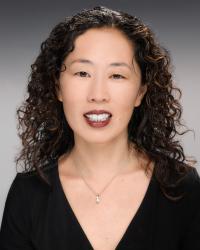
Paper Author
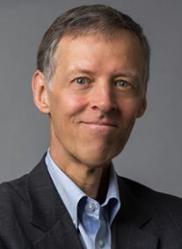
Panelist
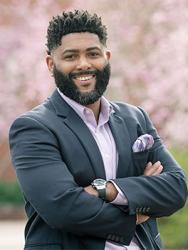
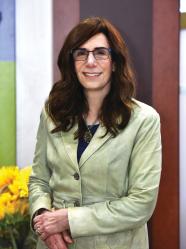

March 6, 2024

Aaron Klein
December 28, 2023
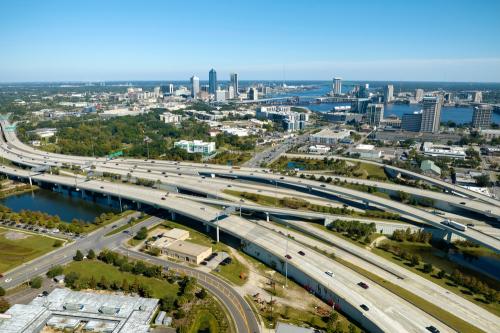
Mark Muro, Yang You
December 12, 2023